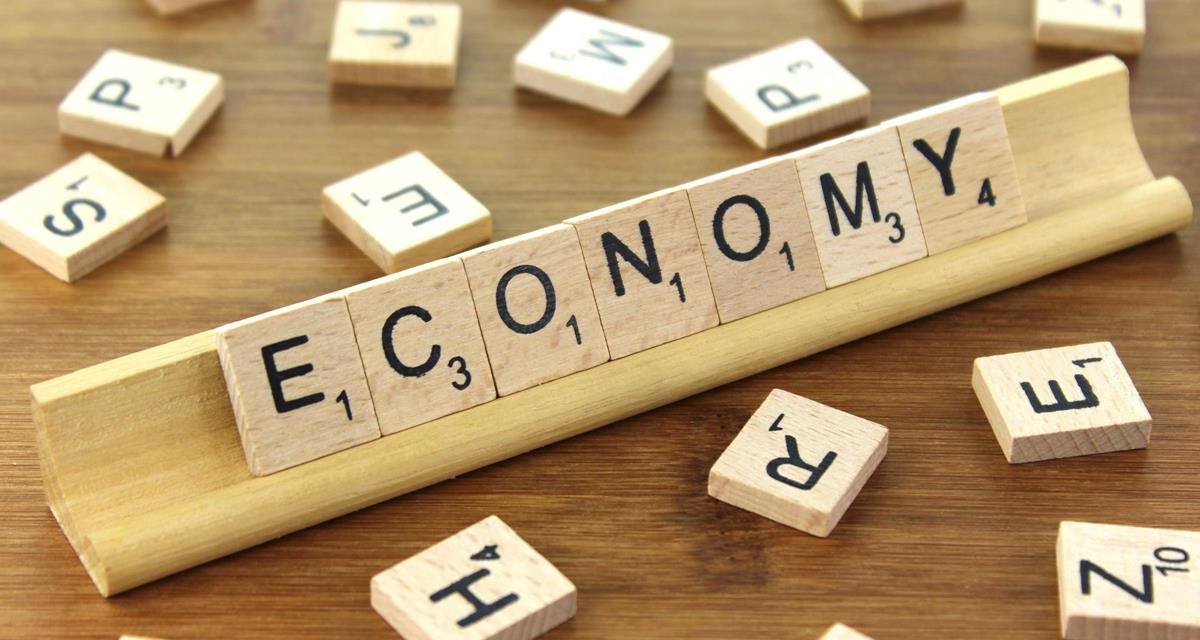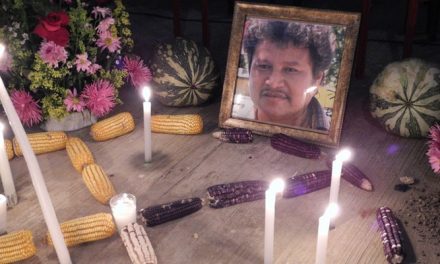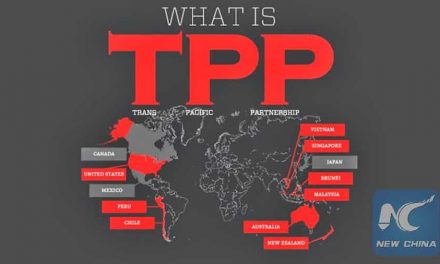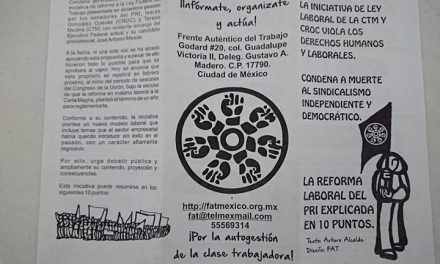Five ways to transform our economies
By Sam Cossar-Gilbert
opendemocracy.net
We need a new economics for the 21st century.
Here are five potential pillars.
We live in a world that’s facing many destructive and entwined crises including growing inequality, climate change, poverty, pollution and human rights violations. Our current economic system is perpetuating and exacerbating these crises.
Over the last thirty years, neoliberal fundamentalism has put corporate and financial interests ahead of social and environmental standards through policies like privatisation, trade liberalisation and deregulation. If economics is about the allocation and distribution of scarce resources as many first year university text books claim, then 30 years of these policies have failed. We have created more wealth than ever before but have been unable to share it equitably, and in doing so we are destroying our common home.
We need a new economics for the 21st century. To protect our fragile planet, we need to listen to communities and social movements across the world who are already creating just and sustainable economic solutions to social and environmental challenges. Here are five of them.
1. Public services for all through tax justice.
From health clinics in South Africa to and public transport in Vienna, public services provide necessities to hundreds of millions of people around the world. They also drive economic activity and so can play a leading role in the shift towards a more sustainable economy.
To do so, they must ensure the meaningful participation of communities through systems like participatory budgeting, greater transparency, stricter environmental standards in relation to functioning and procurement, and mandatory universal access.
Fair and redistributive tax policies are required to pay for these services. Rather than more tax cuts we need more taxation of multinational corporations, financial transactions, capital gains and wealthy individuals.
Tax havens are costing governments hundreds of billions of dollars. Saving our planet from global warming is possible, but it requires tax justice to finance the necessary energy alternatives. For example, Friends of the Earth International calculates that revenue lost between 2015 and 2030 to tax havens could power half the world with 100 per cent socially controlled renewable energy.
Sam Cossar-Gilbert is a campaigner for economic justice and resisting neoliberalism at Friends of the Earth International, and co-author of the 2018 report Transforming our economy: Scaling up the solutions.





